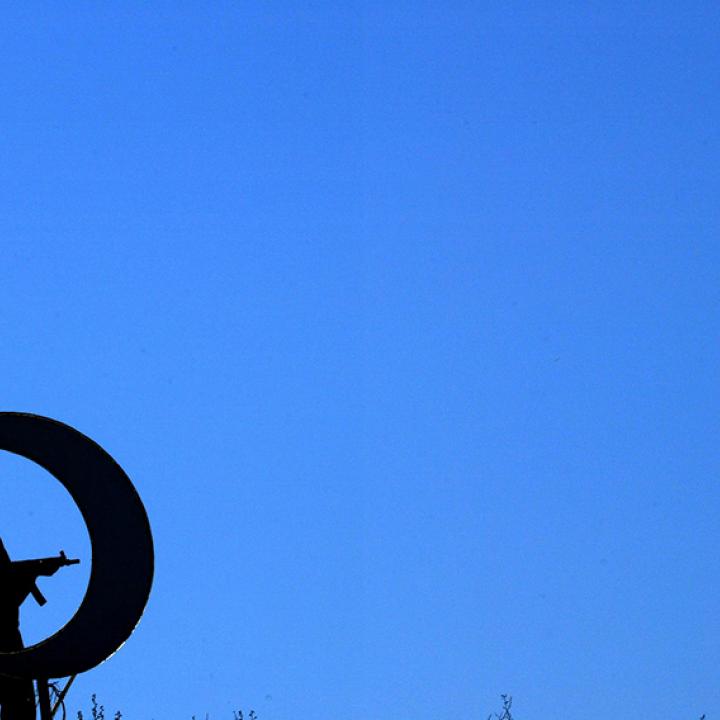

If Erdogan can temper his political agenda amid a seemingly endless series of violent incidents, he will go down in history as one of Turkey’s most influential leaders, but otherwise he will be remembered as the man who drove his country into the ground.
Each new PKK and Islamic State attack drives a wedge deeper into Turkish society. When the PKK attacks, the pro-government bloc blames the opposition; when the Islamic State attacks, the opposition blames the government. For instance, after a PKK attack on off-duty soldiers, which killed 14 people in the central Anatolian city of Kayseri, pro-government mobs firebombed branches of the pro-Kurdish opposition Peoples' Democratic Party (HDP) all over the country. Similarly, in the wake of the July 2015 Islamic State attack in Suruc, which killed 32 people, protesters blamed the government for failing to stop it. The Islamic State and the PKK, whose affiliate Kurdistan Freedom Falcons (TAK) claimed responsibility for the twin bombing in Istanbul on Dec. 10 that killed at least 29 people, will only further exploit this crisis.
The war in Syria will spill into Turkey, as evidenced by the politically charged assassination of the Russian ambassador to Turkey on Monday by an off-duty police officer who screamed "Don't forget Aleppo! Don't forget Syria!" The country faces a toxic cocktail of political polarization and threats of violence that could erupt into a catastrophe. I have generally been an optimist about Turkey, but these days, I'm worried...
Washington Post



